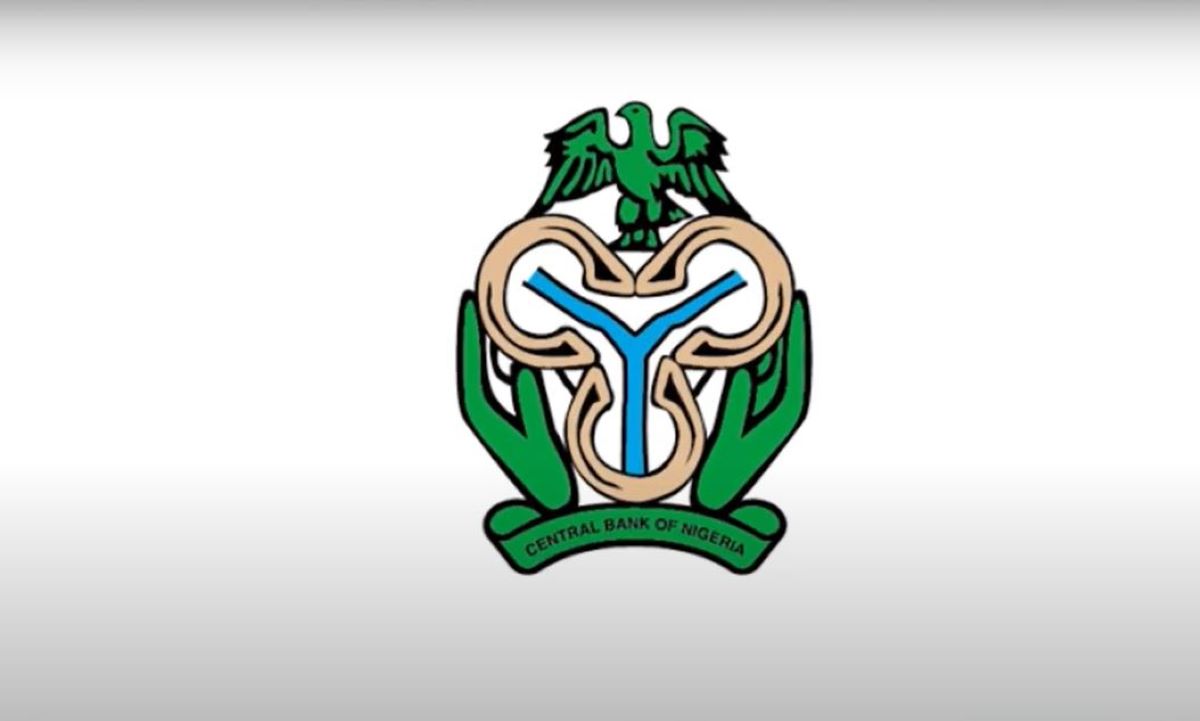At the onset, coronavirus didn’t immediately have much effect or seem like much of a threat to the global economy. But then trade began shutting down across China and now in over 32 countries. The stock market volatility is seeing an unprecedented rise with coronavirus spreading.
Economists and experts are relying on history and making cautious decisions. But Wall Street is responding to the news with panic like most normal people and investors selling stocks.
To many investors, the attack is like nothing that has even been experienced – Ebola and Zika. The hopes for a rebound seems more and more shallow as fear gauge hits a record high, the S&P 500 closing at 2,954.22.
The fear increases as Federal Reserve Bank lowered interest rates by a half per cent, hoping that will be a Hail Mary for the economy.
That notwithstanding the major stock indexes on Wednesday, March 5, continues to drop below 3% (Dow Jones now at 1.8%, the S&P 500 at 1.7%, the Nasdaq at 1.9%). Commodities including Crude oil dives rapidly below 10% to $33 per barrel.
The coronavirus effect on the stock market and the global economy?
With the supply chain experiencing a blow and the coronavirus effect hitting the stock market hard, the global economy has all the recipe for a recession. There is no hope of containing the virus or finding a cure just yet.
This begs for the question – are investors frantic for no reason? Should they be selling stock?
No one knows how to react to coronavirus and that includes investors. On Friday, VIX reached its highest since 2009. Going higher only means one thing in stock trading – stock is going down.
However, there might be a way to answer as an immediate solution. S&P and BofA Global Research show that holding onto stock could offer higher returns with a rebound.
No one can really monitor the market, but selling now might be a bad idea as investors risk fumbling and be defeated if there be a rebound soon.




